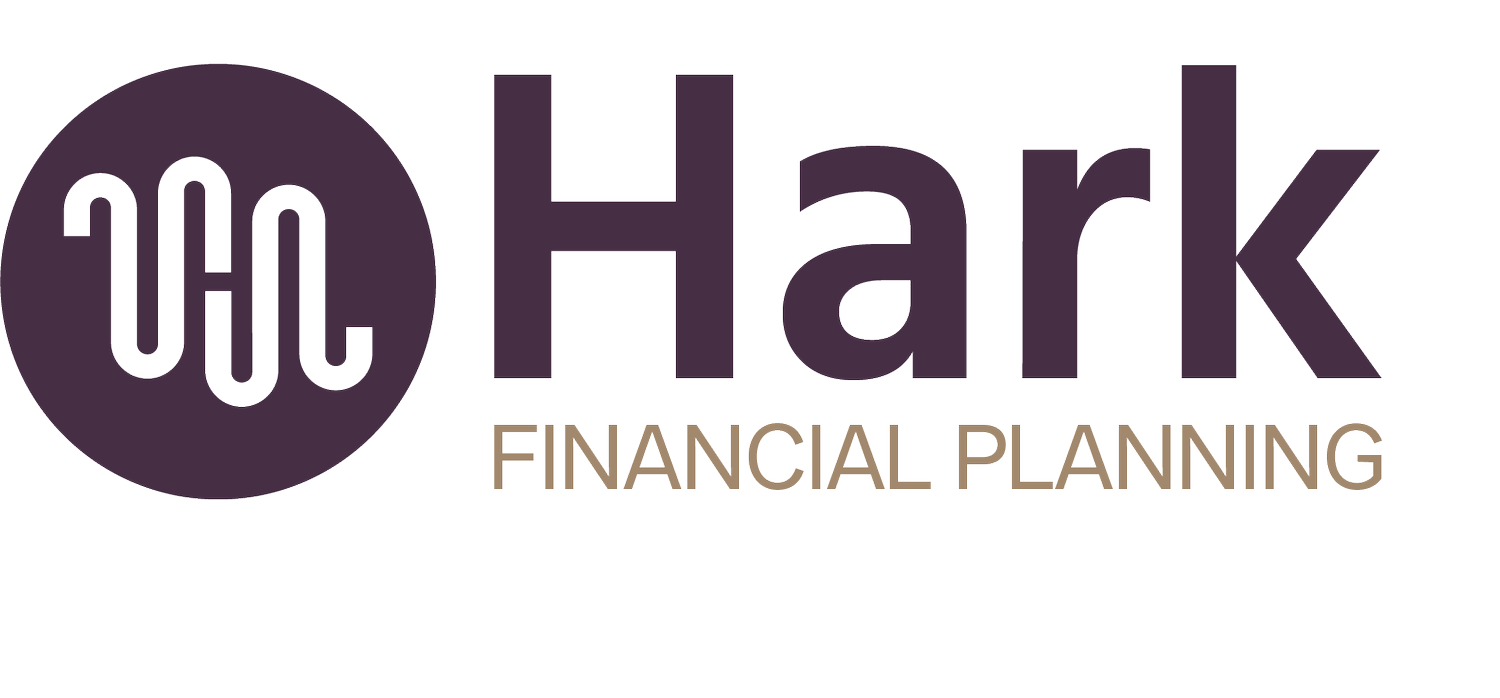Why the Deadline for Charitable Donations Should be More Like Thanksgiving Than December 31
Most people think of December 31 as the deadline for charitable giving. Technically, that’s true, but if you want to maximize the financial benefits of your gift with less stress, the real deadline is much earlier.
If you’re donating appreciated stock or contributing to a donor-advised fund, the week before Thanksgiving is a great window to make year-end gifts without stress, delays, or missed opportunities.
Here’s it’s smart to give early, and how to do it strategically.
Custodians Get Backed Up in December
The most important reason to act early is that financial institutions are not always on your schedule.
If you’re donating appreciated securities or contributing to a donor-advised fund (DAF), there’s paperwork involved. Custodians like Fidelity, Schwab, or Vanguard may require processing time to transfer the shares, and by mid-December, they’re flooded with similar requests. At some point, there’s no guarantee your gift will be processed before year-end, which means it could miss the 2025 tax deadline altogether.
We’ve seen well-intentioned donors submit a request in late December only to find out it didn’t go through in time and they lost the deduction for that year. Getting the ball rolling on your donations before Thanksgiving could have allowed them to avoid this situation altogether.
Donor-Advised Funds Are Powerful, But Take Planning
For many of our clients, a donor-advised fund (DAF) is the most efficient way to give because:
You receive an immediate tax deduction in the year of the contribution
You can donate appreciated assets (avoiding capital gains taxes)
You retain flexibility to distribute the funds to charities over time
However, DAFs require setup. If you haven’t opened an account yet, that step alone can take a few days on its own. Longer if verification documents are needed. After that comes the asset transfer, followed by your gift instructions.
With these timelines, waiting until December to start the process is a recipe for stress. Starting now means your gift gets in on time, and you can take the deduction on this year’s return with confidence.
Appreciated Securities Can Be a Smart Way to Give
If you’ve had a strong investment year, donating appreciated securities may offer a double benefit:
You avoid paying capital gains tax on the asset
You get a charitable deduction for the full fair market value
This strategy is particularly useful for high-income earners with concentrated stock positions or long-held assets that have grown in value. But again, the transfer takes time. You’ll want to initiate this kind of gift at least a few weeks before year-end to give your custodian time to execute the transaction.
Giving with Intention Without Scrambling at Year-End
Despite all the financial talk of tax benefits and strategy, ultimately you know that charitable giving is an expression of your values and impact. Giving yourself time also allows yourself to be thoughtful.
With this extra time you might:
Discuss your giving goals with family
Review your charitable priorities for the year
Align your gift with your broader financial plan (including tax projections and cash flow)
Waiting until December often turns your meaningful act into a rushed transaction. Planning ahead allows you to make confident decisions without worrying whether paperwork will go through in time.
Giving with Thanks Before Thanksgiving
If you’re considering making a year-end gift, it may make sense to get started closer to Thanksgiving than New Year’s Eve. By acting early, you avoid last-minute stress, give custodians time to process your gift, and leave space to reflect on the impact you want to make — during a time where we pause to give thanks.
At Hark Financial Planning, we help clients align their giving with their broader financial goals so their generosity supports not just the causes they care about, but the life they’re building.

